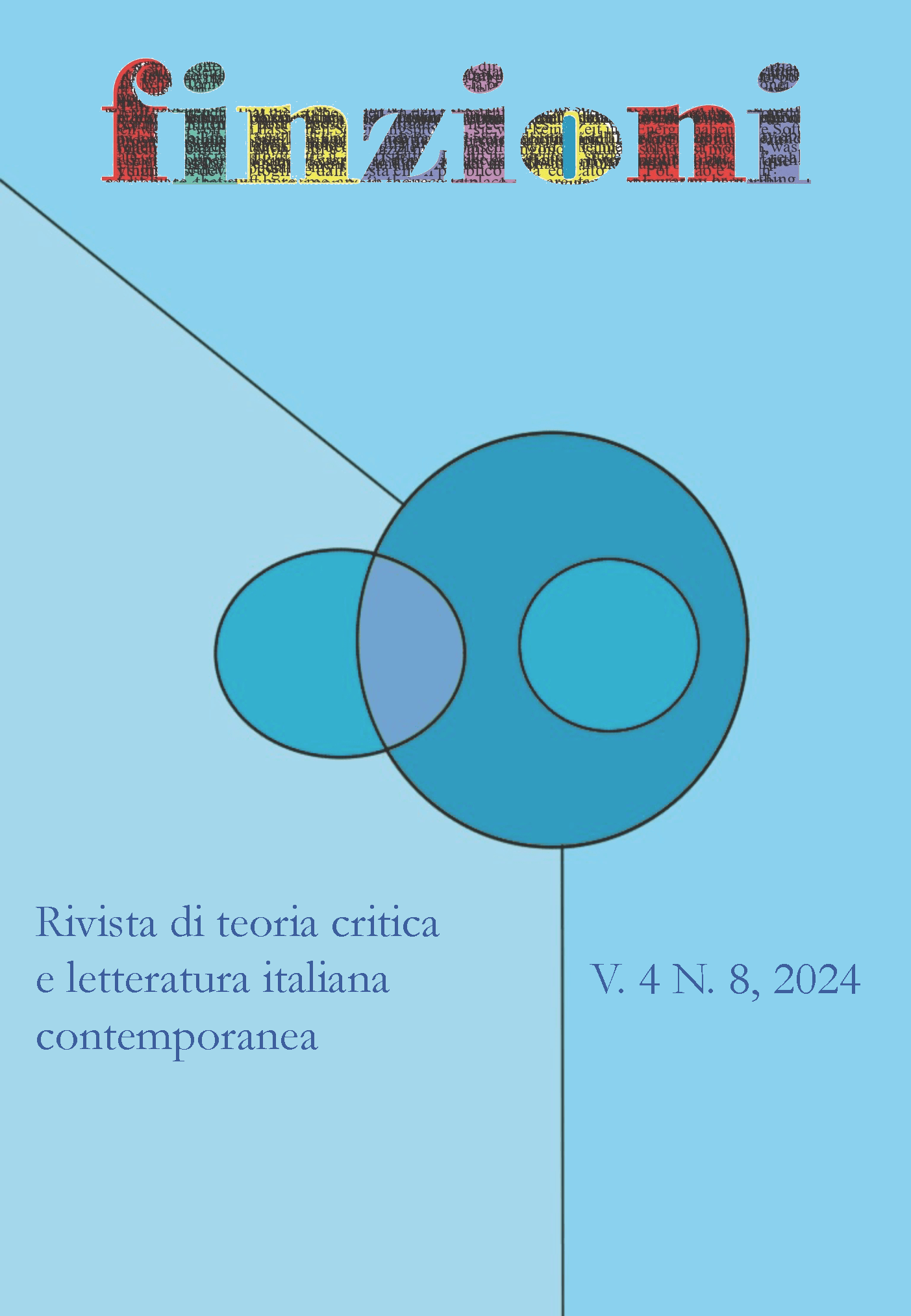The «Dialogues» on «Vie Nuove»: Pasolini's authority is born
DOI:
https://doi.org/10.6092/issn.2785-2288/21414Keywords:
character, cultural critique, journalism, media criticism, semioticsAbstract
In 1960, Pier Paolo Pasolini began his collaboration with the magazine «Vie Nuove», marking a pivotal moment in his intellectual journey. His contributions, featured in the Dialoghi column, became a unique experiment in engaging with readers, blending cultural critique, pedagogical reflection, and personal interaction. This experience highlighted Pasolini’s independence from the magazine’s editorial line, aligned with the Italian Communist Party, showcasing his ability to address controversial topics with a critical and autonomous perspective. Through the Dialoghi, Pasolini delved into the relationship between media, power, and ideology, alternating between provocative and pedagogical approaches to foster deep reflection among readers. The column became a space for open dialogue, characterized by polemics, analysis, and direct interactions that allowed Pasolini to consolidate his public image as a dissident intellectual. This experience represented a crucial stage in his career, foreshadowing his future engagement with mass communication and his enduring influence on Italian journalism and culture.
Downloads
Published
How to Cite
Issue
Section
License
Copyright (c) 2024 Nicolò Vasturzo

This work is licensed under a Creative Commons Attribution-ShareAlike 4.0 International License.





